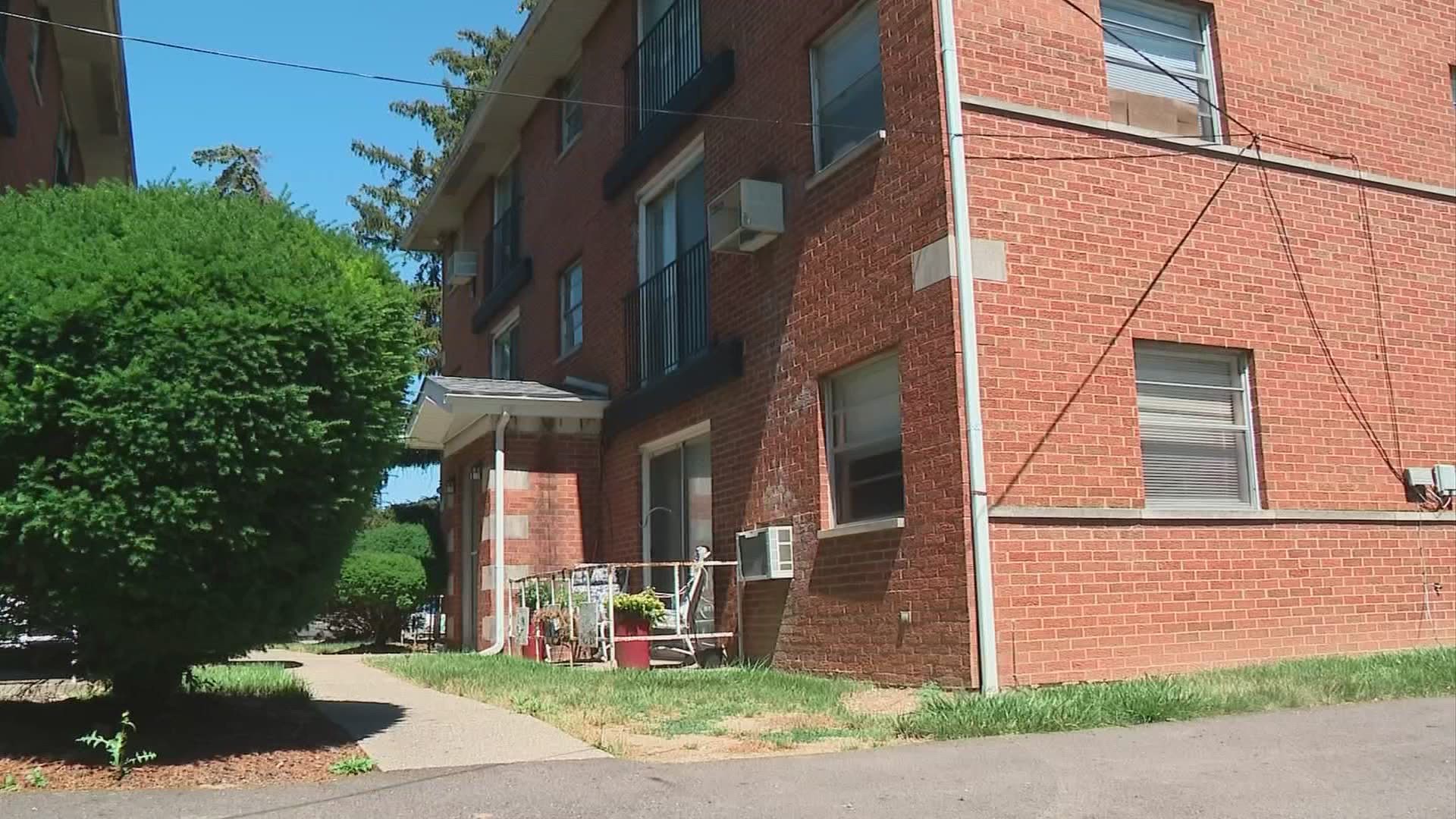COLUMBUS, Ohio — The Centers for Disease Control put in a place an eviction moratorium during the pandemic to prevent landlords from evicting tenants for non-payment.
The national moratorium protected certain renters, including those who earned less than $99,000 a year, whose income took a substantial financial hit because of COVID or who were laid off, or if an eviction would have caused a renter to be homeless.
That order is about to expire on June 30 and it’s estimated that 700,000 Ohioans could be impacted, according to the Ohio Poverty Law Center.
The number of set-out orders to remove someone's belongings from their rental for nonpayment in Franklin County look like this so far this year:
- January: 32
- February: 76
- March: 84
- April: 68
- May: 120
According to the Census Bureau, more than seven million American households are behind on their rent, including nearly four million with children.
Black and Latino households are more likely than white households to be behind and currently struggling, according to the Census Bureau.
Inside the Columbus Convention Center, a makeshift courtroom has been hearing 100 eviction cases per day since the pandemic started. That will be reduced to 70 cases when hearings return to the courthouse on July 6.
Autumn Morrow, 32, is among those facing eviction. The mother of three was holding her 5-month old girl in her arms we she told us her landlord was giving her three days to come up with the money or lose the housing.
Morrow says she owes $2,500 in back rent.
“My leasing office keeps piling up late fees after late fees,” Morrow said.
Morrow says she worked for 10 years as a dental assistant. When her office requested she return, she was on maternity leave and couldn’t come back in large part she says because her daughter was born with a medical condition that required specialized daycare she couldn’t afford.
The thought of losing her place to live is a real possibility.
“I'm scared. I don't know, I don't have a plan yet,” Morrow said.
According to the Ohio Poverty Law Center, if a person spends 30% of their income on rent that's called rent burden. If they spend 50%, that's called severe rent burden. It estimated more than 700,000 Ohioans fall into that category.
“That means you are about one flat tire away from becoming homeless,” says Graham Bowman of the Ohio Poverty Law Center.
And because of the huge demand for affordable housing, landlords can use that to their advantage to file evictions.
“If a tenant falls behind on their rent even by just a day then the landlord is entitled to take the property,” said Jyoshu Tsushima, an attorney for Legal Aid Society.
But there are ways those facing eviction can get help. Catholic Social Services helps the elderly and the Hispanic community get current on their rent. So far it’s spent $100,000 in rental assistance.
It helped Anthony Coles of Columbus. He was in a car accident that broke his foot in three places. He was unable to work and didn’t quality for unemployment so an eviction notice was slapped on his front door. But his worries were eased he said when Catholic Social Services stepped in and paid the $828 in back rent he owed.
“I'd be out in the street trying to find a way to save my place. That saved my life instead of me going out into the streets and everything," Coles said.
IMPACT Community Action is also a main provider of rental assistance. Since December, it says it’s helped more than 300,000 people stay in their rentals.
The average person it says received $12,000 in rental assistance.
The eviction moratorium has been legally challenged in several states with attorneys arguing the agency overstepped its power preventing landlords from evicting tenants for nonpayment.
The lawsuits have argued it takes an act of Congress to initiate that kind of order.
If you are in need of rental assistance, you can call Catholic Social Services at 614-221-5891 or IMPACT Community Action at 614-252-2799.

